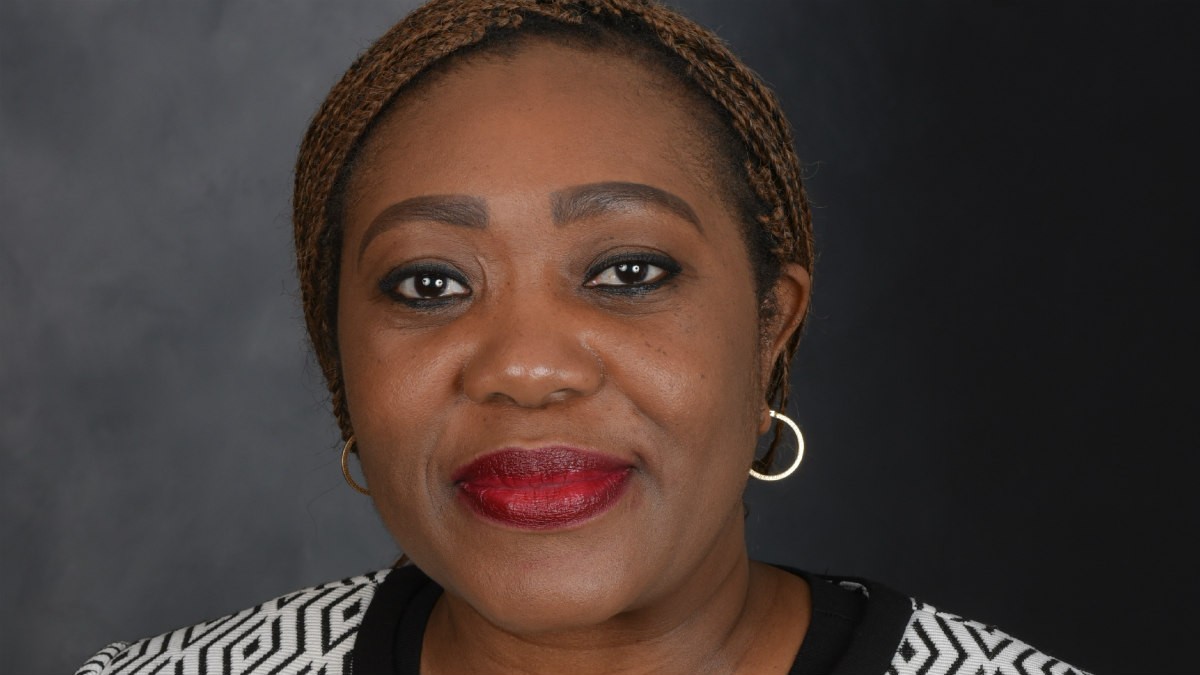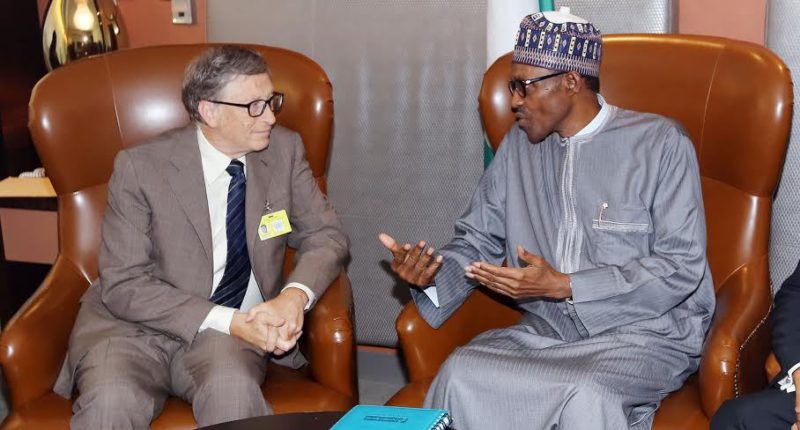The Group Managing Director of the Nigerian National Petroleum Corporation (NNPC), Mele Kyari, says the deregulation of the downstream sector of the oil and gas industry in Nigeria will increase investment in the refining business.
Kyari made this known in a statement signed by the Group General Manager, Group Public Affairs Division, Dr Kennie Obateru, in Abuja, on Tuesday.
He said that the deregulation would also facilitate exponential growth in the nation’s refining capacity.
Kyari said that though the idea of price stabilisation which led to the introduction of fuel subsidy in the 1970s was noble, it had grown into a huge financial burden on the nation’s treasury over the years.
This, he said, had necessitated its removal in March, which would free up much-needed cash to fund infrastructural development.
Kyari said the move would also eliminate market distortions and foster competition between operators.
The NNPC chief said that it would get more private sector players to build refineries in the country and promote efficiency across the entire value chain.
He said increasing Africa’s refining capacity as well as quality of fuel required respective refineries to implement sustainable, coordinated pan-African solutions.
These, he said, would help meet the target fuel specifications and thus protect the health and wellbeing of African nations and their citizenry.
“It is important to note at this point that the future of our continent does not just lie in our ability to unlock value from our vast natural resources or powering an industrial and economic revolution, but also in our ability to implement proven refining solutions that consider the broader public health implications of our business decisions,” he said.
Kyari said that NNPC was making concerted efforts to carry out holistic rehabilitation of its refineries in Port Harcourt, Warri and Kaduna.
He said that the corporation was also collaborating with relevant stakeholders to establish modular and condensate refineries.
The GMD said it was also supporting private sector establishment of refineries.
“These projects will be in line with the AFRI standards of AFRI-4 specifications of 50 particles per million for diesel and 150 particles per million for gasoline by 2020, and AFRI-5 specification of 50 particles per million of sulphur in gasoline and diesel by 2030 respectively.
“Considering that revamp of petroleum products storage depots and associated pipelines is key to optimal operations of the refineries, the Corporation has decided to use a Build, Operate and Transfer (BOT) strategy to restore these facilities using private sector financing,” he said.
According to him, this process has progressed significantly, with the process of partner selection ongoing to ensure sustainability of the refineries post rehabilitation.
He noted that Nigeria was intensifying the use of natural gas to ensure lower emissions.
Kyari said that natural gas had been identified as the fuel of choice for the future, as it had the full credentials to support the achievement of the Sustainable Development Goals (SDGs).
The NNPC helmsman said that the outlook for the downstream sector, both in Nigeria and across the African continent, looked bright.
He said this was so with attractive market conditions, large market and significant crude distillation capacity additions from various refinery projects, improvement of the distribution network and the use of natural gas.
The GMD called on the refining professionals across the continent to utilise the abundant opportunities for strategic collaboration across the entire downstream value chain toward delivering value for the continent.








